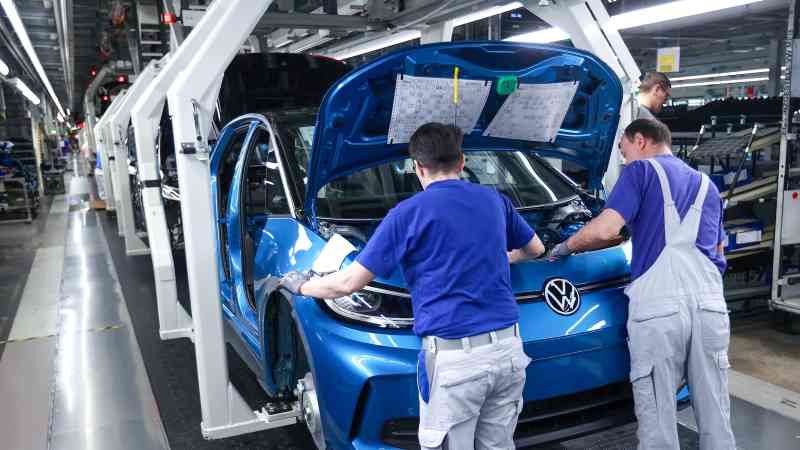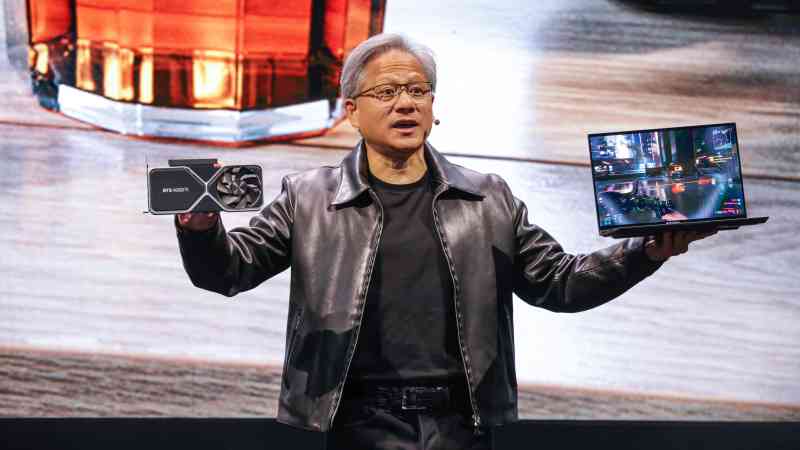German carmakers warn EU over China tariffs
The German motor industry has called on the European Commission to drop its planned levying of tariffs on imports of Chinese cars, citing a string of reasons why the protectionism will neither help European manufacturers nor decarbonisation targets.
Just ahead of the planned sanctions on Chinese car manufacturers, which are due to come in on July 4, the Verband der Automobilindustrie, the German equivalent of Britain’s Society of Motor Manufacturers and Traders, has called on European regulators to think again.
Last month, the commission announced provisional anti-subsidy tariffs on battery-electric vehicles from China, arguing that it would ensure fair competition and would protect European carmakers. The VDA has hit back, however, saying it “will not be achieved by this”.
In a statement, the German trade body said: “The planned tariffs will make it more difficult to successfully ramp up electromobility and thus decarbonise.” It said the sanctions would “harm both European consumers and European companies [and] are therefore not in the interest of the European Union”.
Significantly lower production costs mean that manufacturers in China, which include brands such as Tesla, Polestar and MG, the British heritage brand now owned by Shanghai Automotive, will be able to sell electric cars in Europe at much lower prices than those made in Germany and elsewhere on the Continent.
In reality, the proposals have been regarded widely as an own goal for European manufacturers in general, for Germany’s big three of Volkswagen, BMW and Mercedes-Benz, in particular, because of the depths of their investments and relationships in the China, and for the German economy. BMW, for example, will be importing the next generation of its electric Mini into Europe from China.
“The European anti-subsidy tariffs would not only affect Chinese manufacturers but also European companies and their joint ventures in particular,” the VDA said. “This is because a large proportion of vehicle imports from China into the EU come from European and American manufacturers. The co-operation and production of European manufacturers in China are an important building block for the transformation and competitiveness in Europe.
“The EU has always benefited from its openness in international trade. Germany, in particular, has a significant surplus in automotive trade with China.” It cited €26.3 billion of annual automotive exports, vehicles and parts, from Germany to China.
The potential for China to slap tariffs on larger petrol-engine car imports would disproportionately hit German manufacturers.
Warning of disruption to the battery electric car supply chain, the German organisation added: “It is important to secure access to critical raw materials in the long term.”




Post Comment